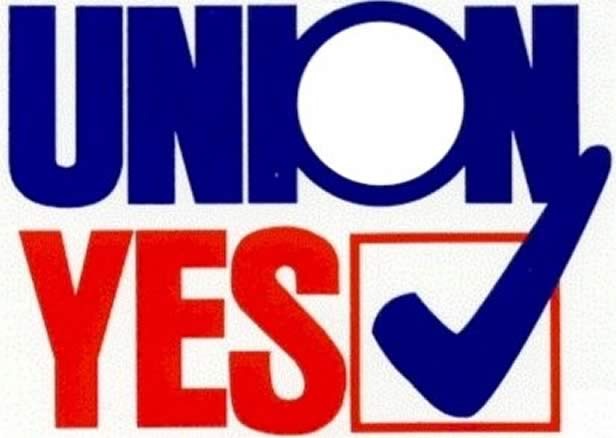Faster Discipline & Weaker Appeal Rights for Federal Employees Backed by Panel

Faster Discipline & Weaker Appeal Rights for Federal Employees Backed by Panel
New bills have recently been passed by The House Oversight and Government Reform Committee. These bills are meant to tighten the deadlines in the federal workplace disciplinary notice and appeals process. They also intend to lower the bar so that agencies can prevail. These measures may amount to the push on those policies for the remainder of this Congress.
HR-559 would shorten the notice, response, final agency decision, and appeal timeframes. Furthermore, it would also allow performance-based discipline but would not allow for a performance improvement period. It would exclude from negotiated grievance-arbitration procedures cases involving control or RIFs, and also allow an agency to retract a bonus already paid (when later discovering performance or misconduct issues within the period the bonus was earned in), among other things. Additionally, at MSPB an agency would only have to show “substantial” evidence to support its decision when it comes to conduct or performance cases (in current performance cases management must demonstrate that the higher “preponderance” of the evidence supports it). MSPB must respond to an issue within 30 days with a decision. Otherwise, the agency would win by default.
Also required, probationary periods for all competitive service positions would have to last two years instead of just one. It would not begin until after the new-hire has fully completed the required training.
At this time, DoD (and in excepted service positions) already requires two years.
HR-6391, a second bill, would require that a fee is charged by MSPB when an appeal is filed by employees, and would also allow “summary judgment” decisions to be made without a complete hearing.
The most significant step to apply provisions enacted last year for the VA across government is represented by the approval of the measures, which is no surprise as this has been expected since that law passed.
A major rewrite of disciplinary and appeals processes has been called for by the Trump administration. The administration has also said that a legislative proposal toward that end would be made just in time for action to be taken by Congress before elections.
However, a proposal like this has not yet been made. The House bills may become the carrier for that rewrite since working time is running short.
Containing some similar provisions, a recent executive order suggested that work performance improvement periods should typically not exist for more than 30 days. It also included that the misconduct disciplinary process in performance-related cases should be considered by agencies and that a final decision should be made on recommended disciplinary actions regarding misconduct within 15 days on receipt of the employee’s response. When it comes to unionized workplaces, agencies are not permitted to agree to contrary provisions at the time of bargaining.
Some other provisions would call for a change in a law that was not included in that order. These provisions include a shortening of the available time to appeal to MSPB. In some other ways, it went farther by setting new government-wide standards, such as agencies not needing to use progressive discipline. For example, training doesn’t need to be the same action taken against other employees in a similar situation. Also, agencies should consider all misconduct from an employee’s past rather than just similar, previous misconduct.







